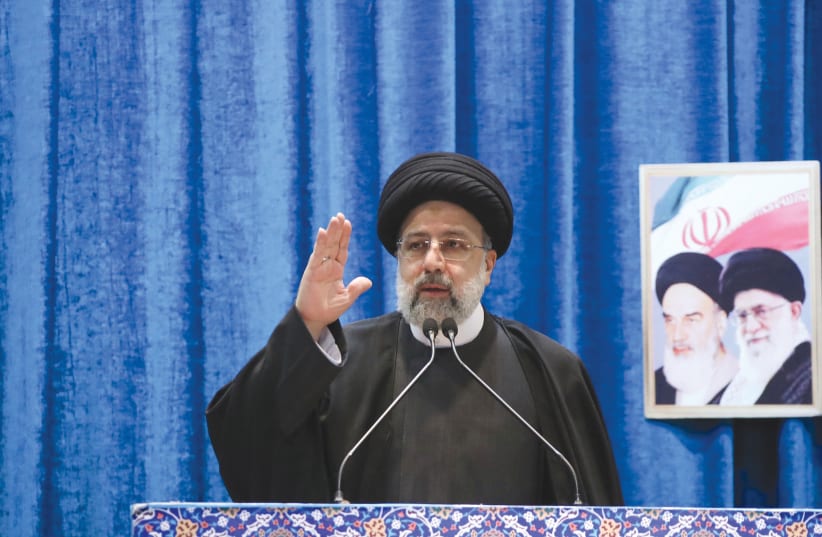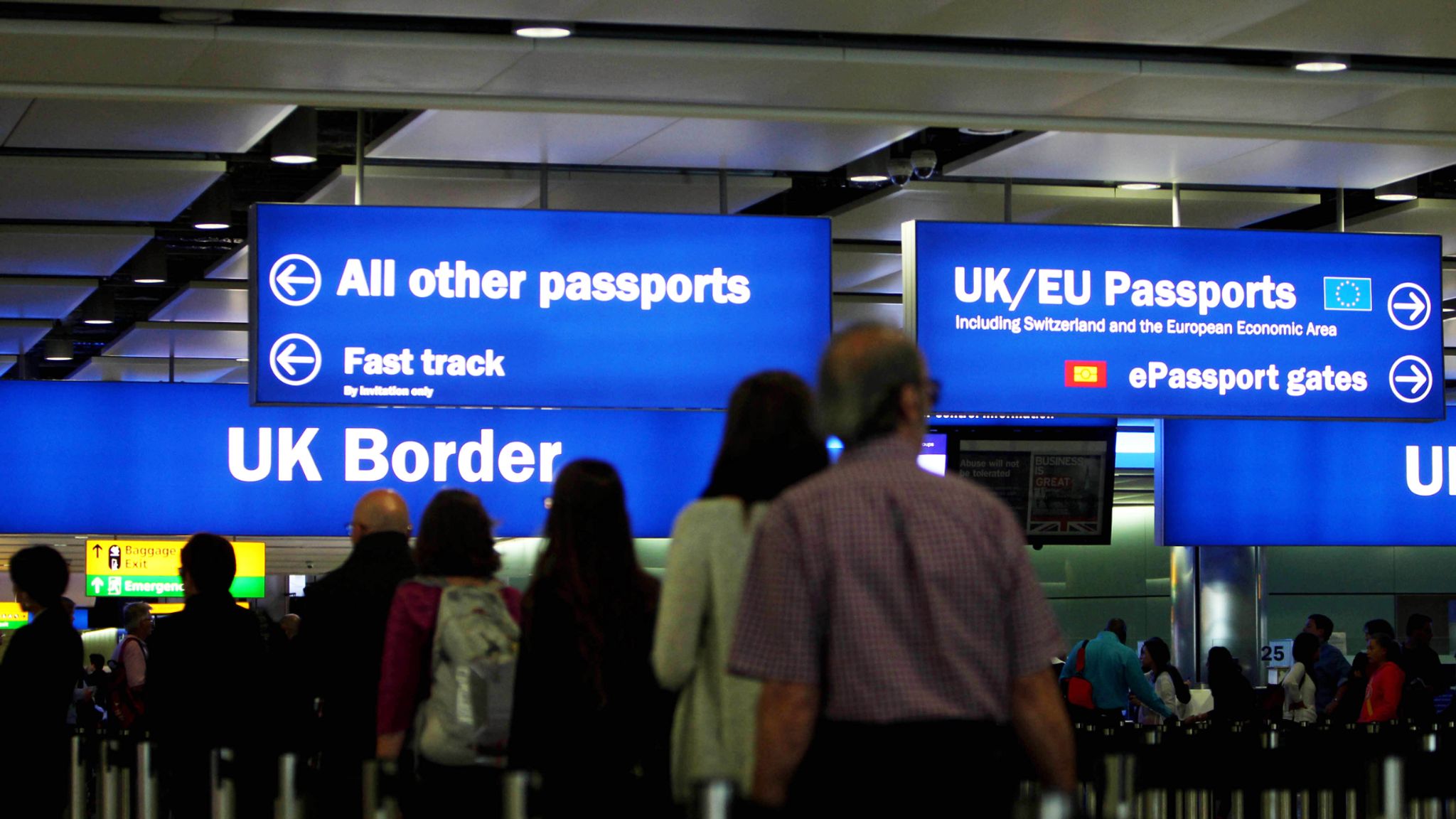POLICE over the weekend arrested a Kuwaiti senior embassy official believed to be part of a well-organised human trafficking syndicate that is luring female job seekers to Kuwait on the pretext that they have secured decent employment, when, in actual fact, they are being sold into prostitution and other menial jobs.
Brenda Avril May (62), a secretary at the Kuwait Embassy in Harare, is suspected to have been facilitating or processing visas for the victims, who are now stuck in the Arab Emirate.
The Herald last week broke the story of over 200 Zimbabwean women being stranded in Kuwait after being promised jobs.
According to sources close to investigations, May was released yesterday and “the police will proceed by a way of summons, if need be”.
A source from the Prosecutor-General’s Office said there were certain procedures that the police should comply with before summoning an embassy official to court.
Detectives handling the case picked her up for questioning after she had been implicated as the one facilitating the documentation of the desperate job seekers and payment processes.
Police yesterday confirmed the arrest saying investigations were still in progress.
Meanwhile, seven locals, who appeared in court last week on charges of human trafficking, were yesterday released on $300 bail each.
As part of their bail conditions, Mr Elijah Makomo ordered them to surrender their passports and to report to the police once a week.
They were also ordered not to interfere with witnesses and investigations, and to reside at their given addresses until the matter is finalised.
Mr Makomo remanded them to April 7.
The State, led by Mr Sebastian Mutizirwa, opposed bail and called the investigating officer, Detective Constable Wellington Chadenga, who gave evidence in support of refusal of bail.
Det Cnst Chadenga opposed bail on the basis that there were extra-territorial investigations which were being conducted in Kuwait.
He said if granted bail, the gang was likely to interfere with witnesses and investigations.
He further said they are likely to face additional charges.
“Your Worship, the accused persons are facing a serious offence which calls for a prison term when convicted hence they are likely to abscond if granted bail. There are several victims whom accused persons have access to and our fears are that they might interfere with these witnesses.
“We are receiving several reports through our embassy; these accused persons are likely to face additional charges,” he said.
Mr Batanai Pesanai, who is representing Lucia Chibayambuya (26) and her brother Lawrence Chibayambuya (23) and Faith Magora, argued that his clients were proper candidates for bail.
He said the seriousness of an offence on its own was not sufficient to deny an accused person bail.
He also said that an accused person is presumed innocent until proven guilty.
“Your Worship, the State’s case is weak and these are mere speculations based on hearsay. The State’s fears could be allayed by the stringent bail conditions,” he said.
Mr Willard Madzimbamuto and Mr Hardlife Tsuro, who are representing Josephine Gondo (57), Tonderai Gondwa (26), Fadzai Nyahondo (19) and Edgar Gora, also argued that their clients were not a flight risk but suitable candidates for bail.
“The State case is hopeless and has been rushed before investigations.
“There are no complainants. The accused persons are not a flight risk. Evidence at hand shows that they have been co-operating with the police,” Mr Madzimbamuto said.
It is the State’s case that upon arrival in Kuwait, the victims were placed under “house arrest” and were not paid salaries but the money was wired to the traffickers in Zimbabwe as payment.
Their Arabian accomplices would at times demand ransom from the victim’s families in order for them to release the women, mainly young ladies. The agents reportedly lied to the victims that they would be afforded an opportunity to further their education by their new “employers” in the oil-rich country.
The gang is charged with contravening sections of the Trafficking Persons Act (Recruits, transfers, harbours or receives another person that he or she knows or suspects is being or is likely to be trafficked or attempts, assists or conspires with others for the commission of the crime of trafficking).-Herald






